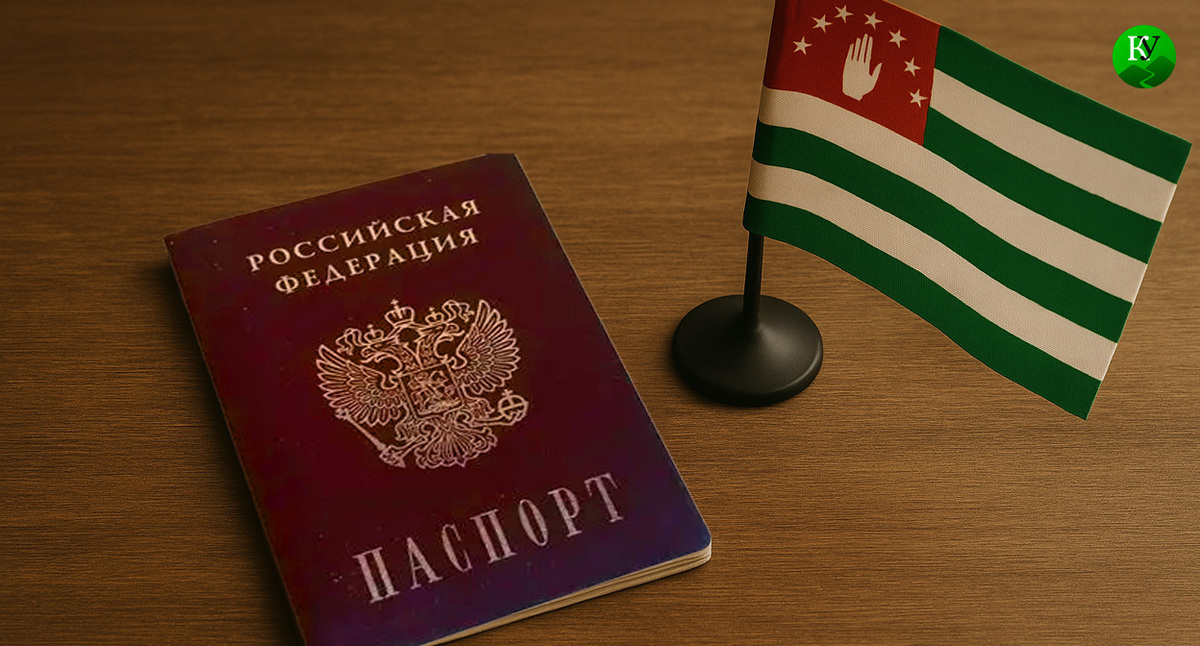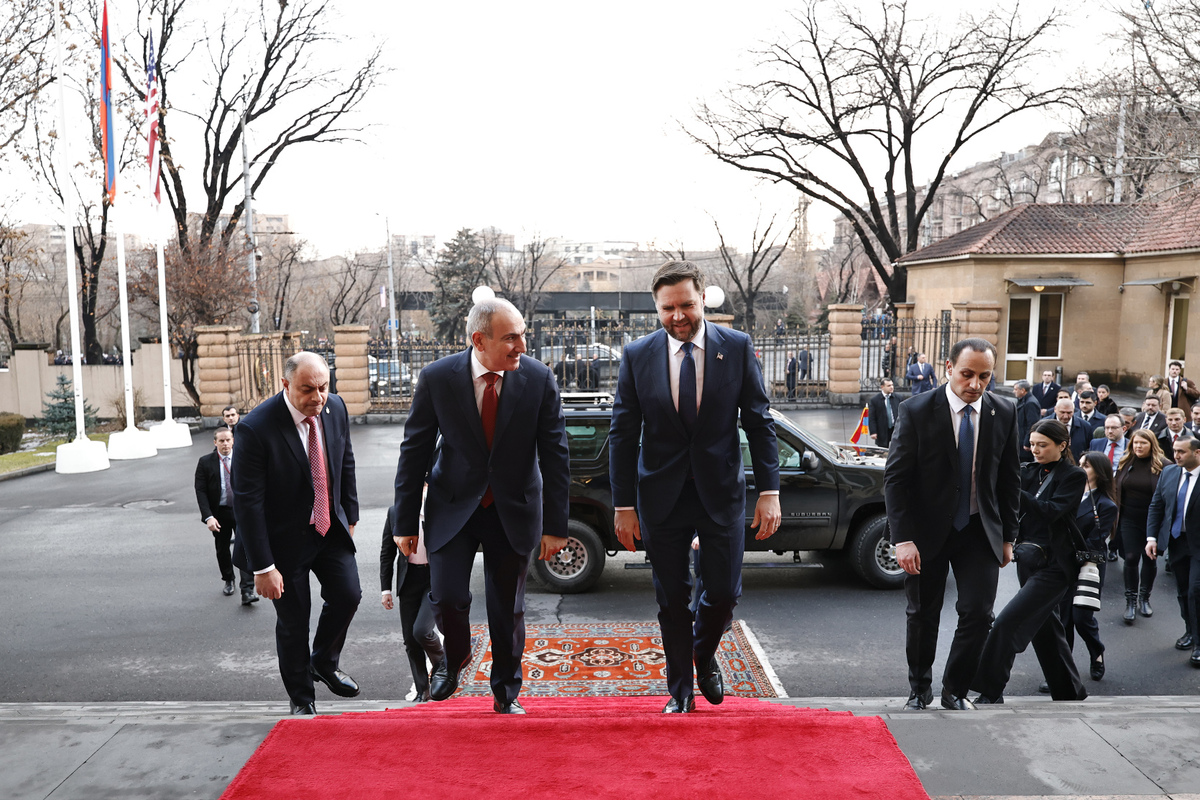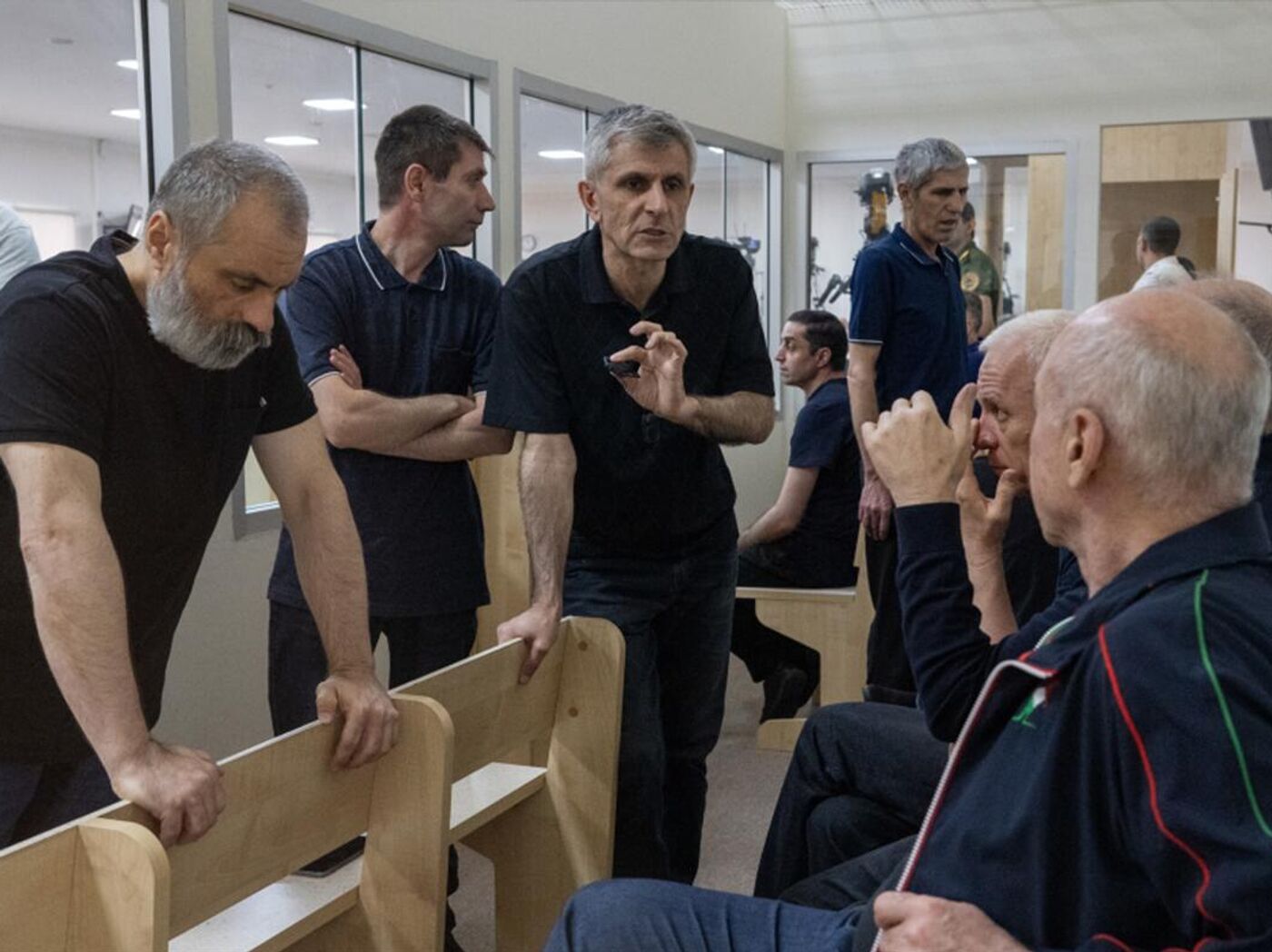Ibragim Chkadua, Sukhum
Year by year the world is becoming a smaller and more interdependent place. When occasionally the sand storms from the Sakhara desert reach Sukhum painting it yellow, one suddenly realizes that Africa is not as far away as it seemed to be. Not to mention Syria where war has forced the descendants of the Muhajirs to flee back to their native places they had left during the Caucasian War – a historic round completed.
Fazil Iskander passed away on July, 31, and the international media immediately spread the news making Abkhazia as often mentioned as Russia, Turkey or the United States.
Although it is a sad occasion for the Abkhazians it is also a symbolic sign. Historically Abkhazia has always been on the outskirts of some empire with a break in the Middle Ages when it was the kingdom. In the Soviet empire Abkhazia used to be the Soviet Republic, then it`s status has gradually deteriorated to the autonomous entity with the mere 17 percent share of the native population.
And at that moment Abkhazia of Iskander appeared. Due to his ingenuity uncle Sandro met Stalin on the Lower Chegem road – and the cause of the world history has changed as well as the destiny of Abkhazia. It became a full literary territory. And the world literature has recognized Abkhazia immediately and unconditionally without blockades and sanctions.
In the 60-70-s few in Abkhazia could foresee that one day the Soviet Union will break up leaving us with the dilemma – to disappear from the world map, or to win the war and build a state of our own. By that time Iskander`s Abkhazia already existed as an island of harmony with it`s own ethic code and patriarchal rules.
That country looked like an utopia , a vanishing dream. But in the early 90-s the model of independent and self-sustained Abkhazia became the reality. The war could extinguish both the Abkhazians homeland and the country created by Iskander which would has meant the double tragic loss for the world.
Iskander wrote in Russian and thought in Abkhazian – which is a typical case for the Abkhazians, be it in culture or politics. His life and writings are a convincing example of a author belonging to two different cultures and enriching both. One can be an Abkhazian, a Russian writer and be understood and adored by the whole civilized world.
Iskander left us Abkhazia that will not cease to exist until literature is alive. And here is the real Abkhazia too that we are to preserve for those who will come after us.
The crisis of multiculturalism and the threats of globalization have become the talk of the town nowadays. But here is an example of Iskander whose values are both universal and deeply rooted in his national culture. His insights sometimes look naïve and immensely wise at the same time.
Once in an interview Fazil Iskander said:
– Evil is ineradicable… perhaps from the religious point of view, at Last Judgement… but in everyday life you have to fight it… pushing off Evil – this is the task for any epoch, any times. We are lucky to participate in this endless fight against Evil.
In our days Fazil Iskander was probably among the best fighters.

The opinions expressed in the article convey the author’s terminology and views and do not necessarily reflect the position of the editorial staff.
Published: 05.08.2016




















